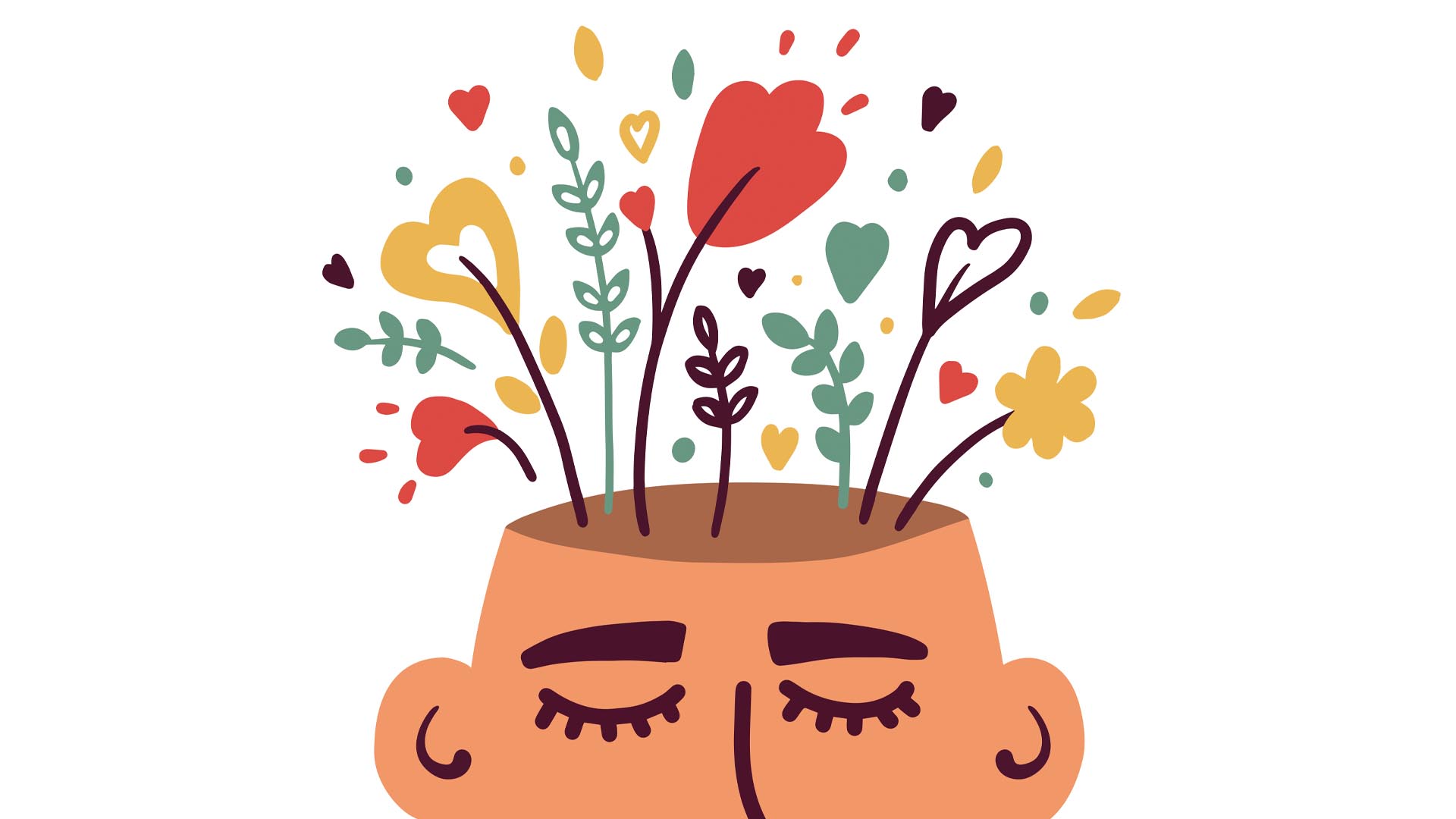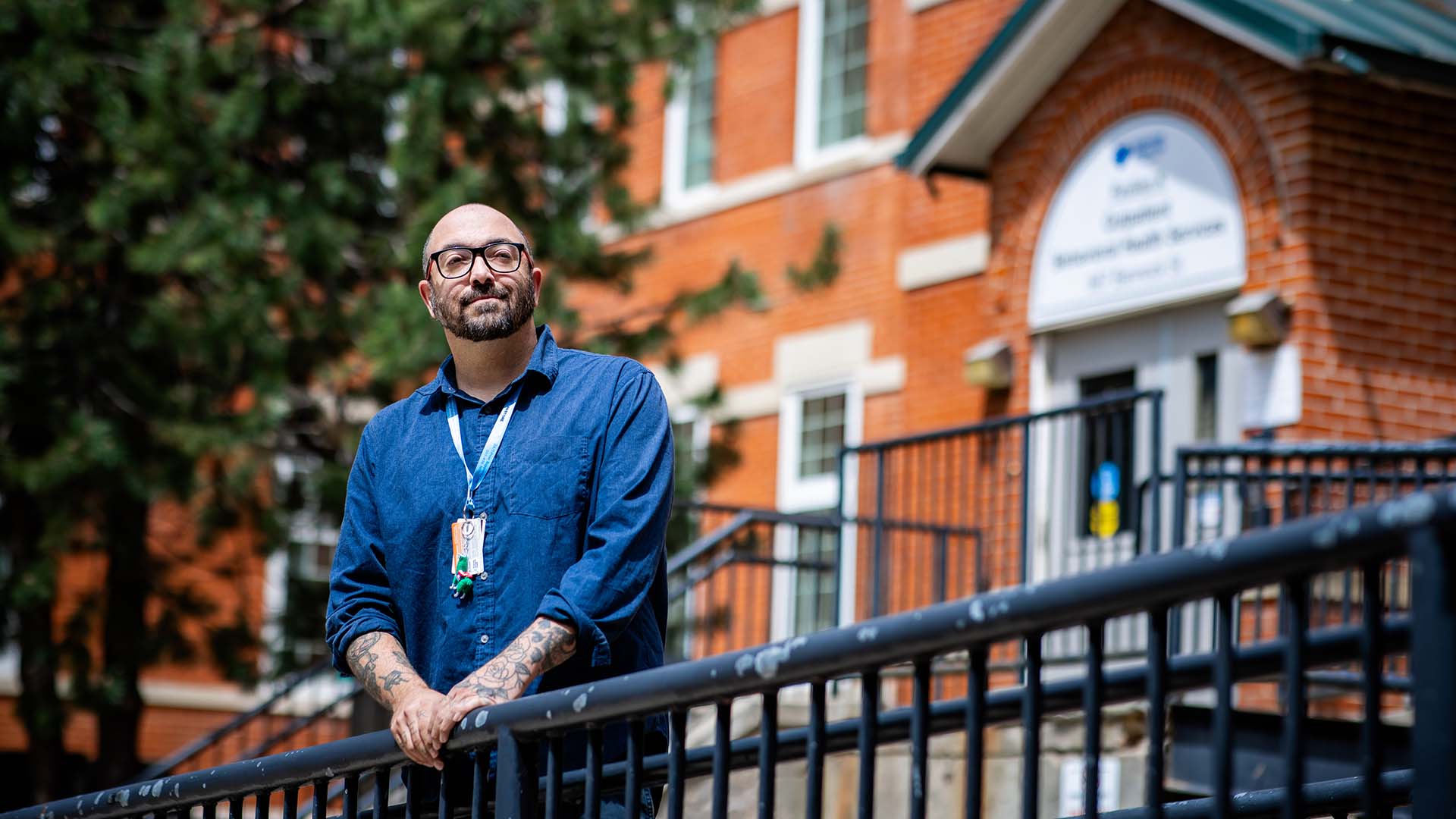Brain hacks for happiness
Life coach James Larcus provides tips for keeping your mental health top-of-mind this spring.

There’s reason for optimism as Denver and the country enter Year Two of the pandemic: Millions are receiving vaccines, mask-wearing is lowering case numbers, and officials are talking about life returning to normal.
But as we move deeper into the optimism of spring, the mental-health impacts of the past year-plus shouldn’t be ignored. The pandemic for many triggered waves of negative thinking that have left pain and suffering in their wake.
Changing how you think about Covid-19 and other hurdles can help you live a more fulfilled and happier life, said Metropolitan State University of Denver’s James Larcus, a Health Professions affiliate faculty member and board-certified life coach. Here are three “mind mishaps” to monitor and tips for finding happiness in your own life.
Understand mind mishaps
Larcus refers to mental shortcomings that can hinder positive feelings as “mind mishaps.”
For instance, our brains are wired to remember negative events more than positive ones, he said.
“Even if we’ve had more pleasant experiences than unhappy ones, we zero in on our negative experiences,” Larcus said. “Even optimistic people tend to remember negative things more strongly and in more detail.”
Our mind processes positive and negative information in different hemispheres of the brain. Negative emotions generally involve more thinking, and the information is processed more thoroughly than positive ones. Thus, we tend to ruminate more about unpleasant events and use stronger words to describe them than happy ones.
Also, Larcus said, we allow our minds to judge ourselves not in absolutes but in reference points that often seem illogical.
Studies have shown that Olympians who win bronze medals are more satisfied with their third-place finish than the second-place silver medalists, he said. On a 1-to-10-point agony-to-ecstasy scale, researchers found that bronze medalists scored 7.1 on average, while the silver medalists averaged just 4.8.
It’s believed this phenomenon stems from what’s dubbed “counterfactual thinking,” or imagining the outcome that didn’t happen, Larcus explained.
“So silver medalists might remind themselves that they almost got the gold – that they were right there – but failed,” he said. “It’s easy for them to see how close they came to first place, but a mistake cost them dearly. They feel they lost. But bronze medalists can picture not having won a medal at all and instead focus on a kind of ‘at least I made it to the podium.’ For them, third place feels like a win.”
Change your priorities
Mind mishaps can “hamper our well-being and often lead us to want the wrong things in life – things that we’ve been told will make us happy: a good job, lots of money and fancy new things,” Larcus said.
On the contrary, research has found that to achieve happiness, even in difficult times, we often need to change our priorities to include the following:
Be kind
“Doing random acts of kindness allows humans to be more intentional in their lives, and it definitely leads to happier feelings,” Larcus said.
Meditate
“Researchers have found that meditating even a few minutes a day creates positive emotions and leads to a calmer demeanor,” he said.
Make social connections
“Reach out, even to strangers, because doing that makes us happier,” he said. “Even if you’re typically a bit shy, it’s worth doing because both you and the stranger will get a happiness boost after talking to each other.”
Make exercise and sleep priorities
“Working out three times a week works just as well as antidepressants for depression recovery,” Larcus said. “And the proper amount of sleep can improve creativity and boosts cognitive performance.”
Value time over money
“Studies have shown that people who value time over money are happier, but we’ve also learned that most people choose money over time,” Larcus said.







